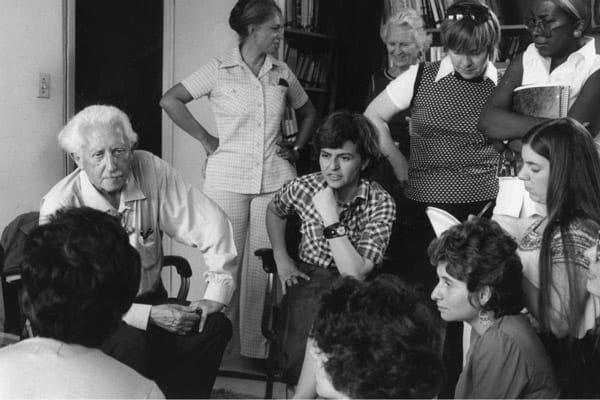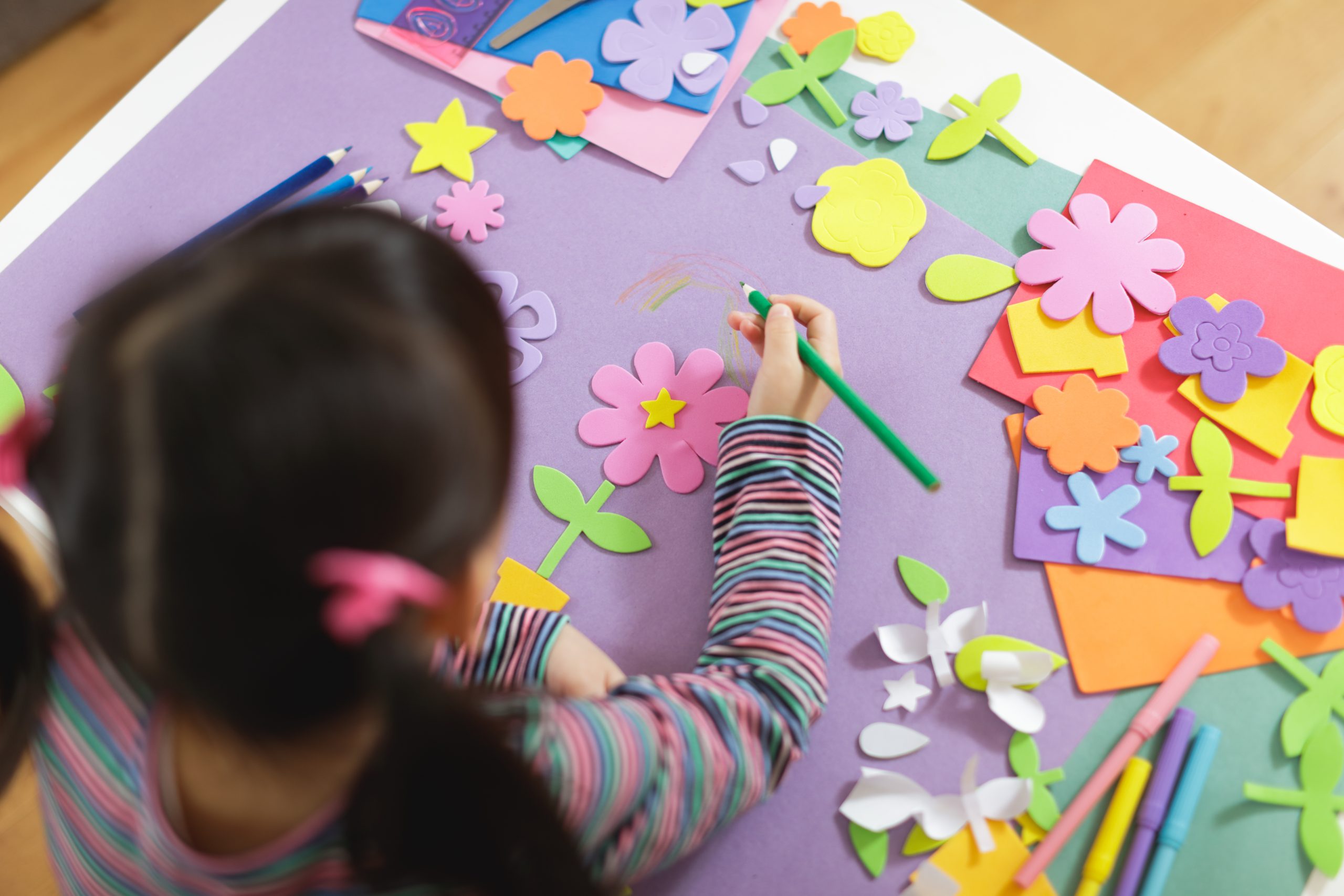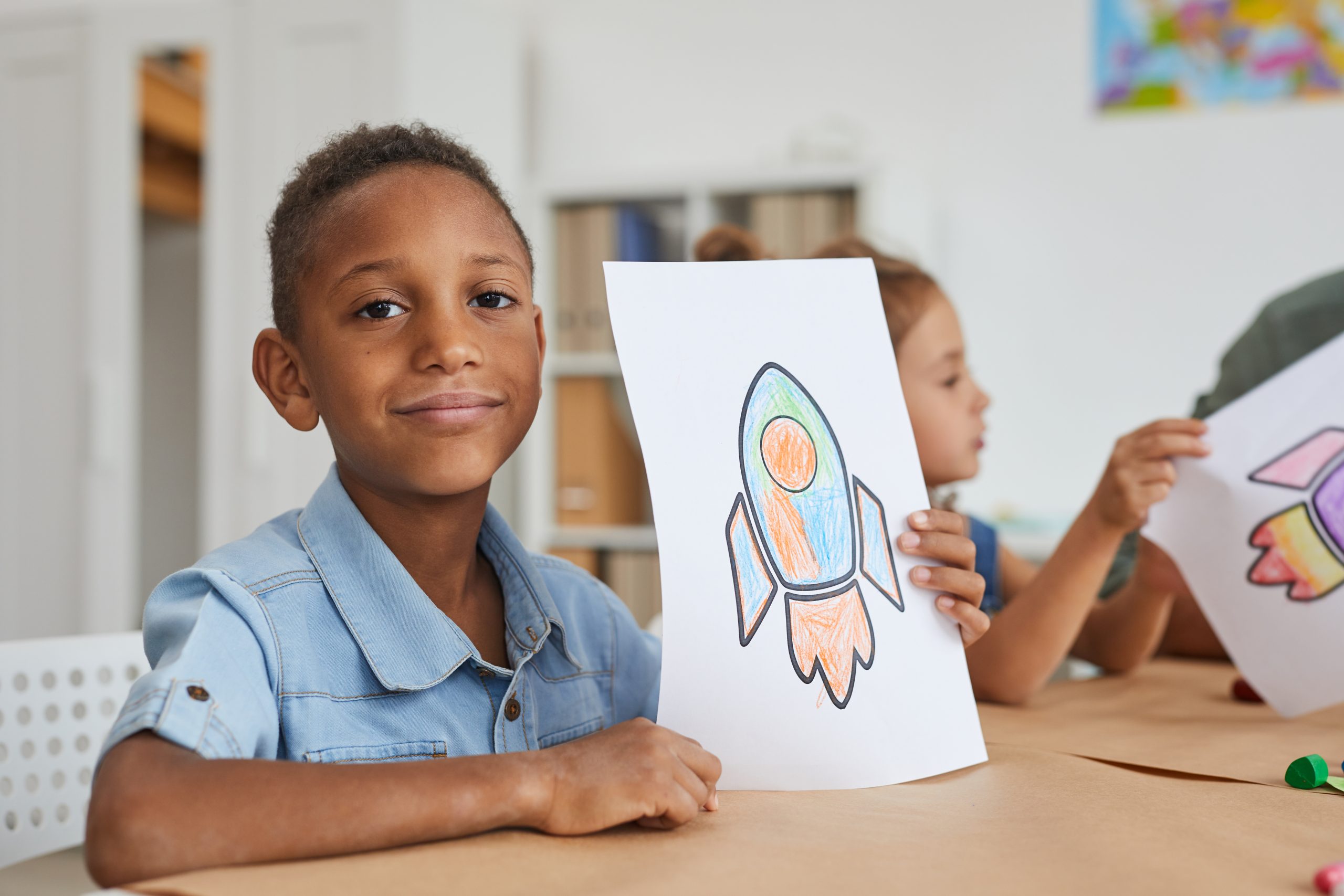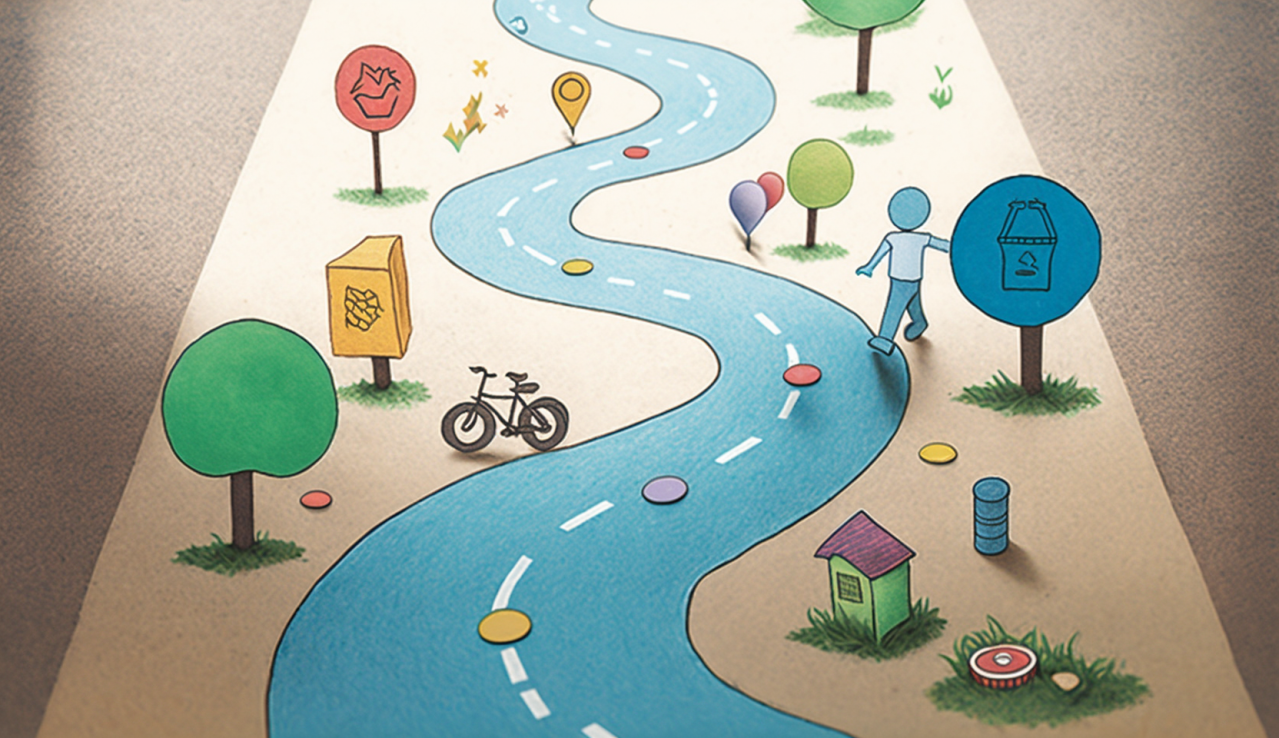Erikson’s Theoretical Background
Born in 1902, Erikson came out of a tumultuous childhood in Germany to spend many impactful years in the United States, developing his understanding of identity and the human psyche. His interest in cultural influences and the broader social milieu deeply influenced his work. Instead of a mere focus on the ego and superego, Erikson mapped the psychosocial terrains of our entire lifespan. It was here that the revolutionary eight-stage theory of human development was born. Each stage presents a crisis, a fundamental question that individuals grapple with, influenced by their internal predispositions and the external world. Whether it's the basic trust of an infant or the identity struggles of adolescence, Erikson described the milestones with a clarity that continues to resonate in today's world.
Stage 1: Trust vs Mistrust (Infancy)
Every infant is on a quest to understand the world. From their spot inside a cot, carseat, or their caregiver’s arms, they ask a fundamental question: "Is the world safe?" From birth to about 18 months, infants are in a stage Erikson called Trust vs. Mistrust. Here, the infant relies primarily on caregivers to provide a consistent environment of love and safety. Care as simple as being fed when hungry or comforted when upset can foster an innate sense of trust. Erratic or neglectful care can sow seeds of mistrust, making infants apprehensive about the world around them. For caregivers and educators, consistency is key in this stage. When infants experience predictable and nurturing environments, they can build a foundational belief that the world is trustworthy, setting the stage for future developmental successes. However, it’s not merely about attending to physical needs. Creating a cocoon of warmth and security can go a long way towards a benevolent worldview.
Stage 2: Autonomy vs Shame and Doubt (Toddlerhood)
As infants grow and transition into their toddler years, so do their abilities and challenges. No longer content with mere observation, they are beginning to develop their budding independence. It's the dawn of the "I can do it myself" era! Erikson identified the psychosocial crisis of Autonomy vs Shame and Doubt taking place between about 18 months and three years of age. Here, toddlers are keen to showcase their newfound skills: putting on their shoes, choosing their outfits, or even attempting to feed themselves. Every little act of independence is a boost to their self-esteem. However, this journey isn’t without its pitfalls. As toddlers test boundaries, they'll inevitably face situations where their ambitions might outweigh their abilities. Here, caregivers and educators play a delicate balancing act. Allowing toddlers to explore and try tasks independently is essential. So is ensuring their safety and guiding them patiently. Celebrating their little successes can foster autonomy, while undue criticism or over-protection can push them towards feelings of shame and doubt.
Stage 3: Initiative vs Guilt (Preschool Age)
Ever been in a preschool classroom? You’ll witness a whirlwind of imagination and exploration. Little scientists, artists, and leaders emerge, happily engaging with the world around them. This is Erikson's third stage of psychosocial development: Initiative vs. Guilt. At ages three to five years, children's world expands socially beyond just their immediate family. They interact with peers, teachers, and others. Their play becomes more structured, imaginative, and guided by a desire to understand the "why" and "how" of things. During this stage, children begin to set goals, albeit small ones—like building the tallest block tower or drawing the perfect sun. They thrive on initiating activities, seeking new challenges, and the joy of accomplishment. But with every mountain climbed, there's always the risk of a tumble. When their projects fail or face criticism, feelings of guilt can emerge. For educators, there is much responsibility contained in this stage. Encouraging children's natural initiative is important. Here's how you can do it:- Provide choices
- Celebrate efforts
- Offer constructive feedback

Stage 4: Industry vs Inferiority (School Age)
Imagine a child's pride when they get a gold star on their work or master tying their shoes. These small achievements are monumental in a child's world and are a big part of Erikson's fourth stage of psychosocial development: Industry vs. Inferiority. As children transition from preschool to school age (around 6 to 11 years old), the playground and the challenges expand. They are no longer just exploring their immediate surroundings but creating their sense of self-worth, discovering where they fit into the broader school, group, family, or community. At this stage, kids are like little engineers: keen to understand things and, more importantly, eager to prove they can make things work. This "industry" is built upon continuous attempts, achievements, and failures. A sense of accomplishment during this period counteracts feelings of inferiority or the belief that they aren't good enough. Schools and peers play a pivotal role. As children engage in social comparisons, their perception of self can either be uplifted or challenged. Here’s where educators and caregivers can:- Recognise Efforts
- Provide opportunities for skill-building
- Foster a positive peer environment

Practical Applications for Educators
The theories of Erikson can help, along with other tools, to guide educators and caregivers through the nuances of child development. But how do we take these principles off the pages of a textbook and apply them to classrooms?Tips for applying Erikson's theories
- Nurturing trust through consistency
- Celebrate small achievements
- Allow safe exploration
- Acknowledge efforts, not just results
- Foster peer interactions
- Prioritise emotional wellbeing
- Continuous learning for educators
In Summary
Erikson’s stages remind us of the interconnectedness of cognitive, emotional, and social development. From the trust a baby places in their caregivers to a school-aged child's budding confidence in their capabilities—these are foundational cornerstones in growing identity, conflicts that will shape how they view themselves into the future. Educators should do what they can to understand and harness the power of this and other psychological theories; anything that can help learners to grow not only academically but in their mental and social wellbeing. To stay up to date, take a look at our continuing professional development courses for educators.Further Reading
- Childhood and Society by Erik H. Erikson - Erikson's pioneering work. This foundational text introduces his eight-stage theory.
- Erik Erikson's Verbal Portraits: Luther, Gandhi, Einstein, Jesus by Erik H. Erikson - This compelling read also touches upon the early stages of psychosocial development, offering unique insights into how foundational experiences shape personalities.
- Identity's Architect: A Biography of Erik H. Erikson by Lawrence J. Friedman - Friedman's biography on Erikson provides a deep dive into the personal and professional life of the theorist.
- Identity and the Life Cycle by Erik H. Erikson - This compilation of Erikson's selected works offers an engaging look at the evolution of his theories.

